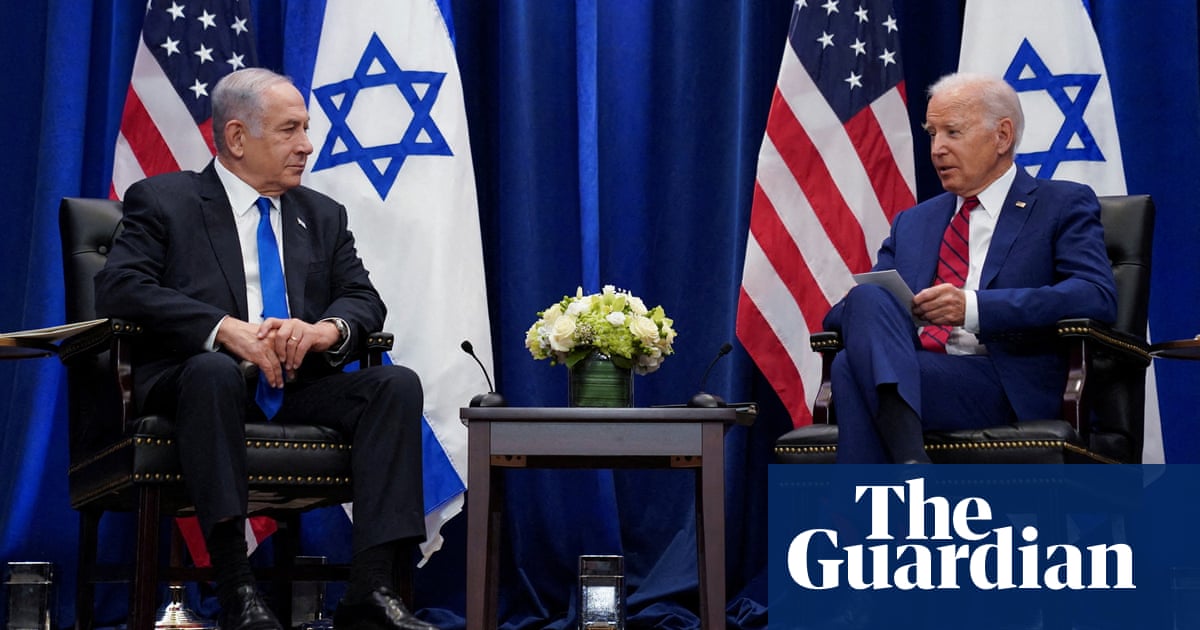
All the talk about Arabian Gulf security is only matched in the past decade by talk about the Syrian regime “losing its legitimacy”!
Of course, all know – including the Syrian people – how Arab and international stances on Syria have developed. So one sincerely hopes they do not go in the same direction with regard to the current crisis in the Gulf.
The rapidly developing situation in the Gulf leaves no room for speculation. Some leaders in Iran seem reassured that Western powers will never launch a shot in anger. Indeed, even the hardline Western politicians appear to prefer a dialogue leading to peaceful coexistence with the Tehran regime over a costly confrontation.
Until now, the Iranian leaders’ bet looks to be spot on, at least theoretically. They have figured out that security blackmail, like seizing oil tankers and carrying out drone attacks, and escalating the political and media war, would be a wise strategy that delivers the following messages to the West:
1- Iran is not afraid of any confrontation, but rather the opposite is true. It is calling the bluff of those threatening it by moving towards an escalation they do not really want.
2- Such a “challenge” would vindicate the positions of Western leaders who are calling for a dialogue with a “powerful” Iran, especially in Europe, and within the American Democratic Party and anti-Trump circles in the US.
3- Iranian leaders believe that if Western hesitancy continues as it is, the West would lose the trust of many pro-Western countries in the Arab world, particularly, in the Gulf region. This inevitably would be beneficial to Tehran.
4- Any Iranian escalation not equally met by a Western reaction would surely boost the status of the Tehran regime and tip the balance internally in favor of national pride rather than the suffering under economic sanctions.
5- Escalation strengthens Iran’s status as a powerful regional player that global powers, such as Russia and China, can rely on in any future realignment in the Middle East.
Put together, all these factors - among others – are being used by the Tehran leaders now, as they exploit divisions and conflicts of interests in the opposite camp. So far, regardless of what may be planned behind the scenes, Western reactions are still “cold” if not quite weak and despite repeated threats during recent months, all signals coming from Washington, London and other Western capitals have been contradictory, as well as “moderate”.
President Donald Trump, who built the better part of his political credibility on “making America great again”, began his term in office with signs that his policies differed from those of his predecessor Barack Obama. He ordered a devastating missile attack on Al-Sha’irat Air Base in Syria’s Homs province and later withdrew from the JCPOA (i.e. the nuclear agreement with Iran).
However, the US administration soon after left Syrian affairs to the Russians, with the exception of recognizing the occupied Golan Heights as Israeli territory! Then, while increasing economic sanctions and political criticism against Iran, Trump repeatedly said that Washington was not seeking regime change in the country, and recently chose Republican Senator Rand Paul, a right-wing and ardent opponent of military confrontation with Iran, as White House envoy on Iran.
This is what has been taking place within the Trump administration and the Republican Party; noting that the Democrats and America’s influential liberal media, unfortunately, share a much “friendlier” attitude towards Tehran and its regional ambitions. Both the Democrats and liberal media regard their “war” against Trump and what he represents - not that with Tehran - as the most important in their political agenda. Thus, both intentionally ignore Iran’s ambition to control Yemen, including the strategic Strait of Bab El-Mandeb, in addition to its current control of Iraq, Syria and Lebanon.
The position of the governments of Western Europe is even more positive toward Tehran’s hardliners. Their appeasement and friendly gestures have never been stronger since Washington’s withdrawal from the JCPOA. France, Germany and the EU Foreign Policy Commissioner Federica Mogherini have been at the forefront in reassuring and appeasing the Iranians and despite its internal concerns (such as Brexit and a new cabinet) the UK has not been far from this line.
Indeed, despite unease, and even shock, caused by Iranian aggressive actions near the Strait of Hormuz, the European reaction has been extremely weak against the IRGC’s seizure of tankers.
Against this background, and benefitting from West European passivity and US confusion, Russia continues its efforts to regain its former Soviet era sphere of influence in the region.
The beginning came in Syria and Egypt under the excuse of fighting extremist “political Islam”, after Moscow’s complaints that it was left out of the equation in Iraq and Libya.
In Egypt, the political change that handed power to General Abdul Fattah Al-Sisi, after the period of Muslim Brotherhood rule, has been the ideal scenario for Moscow to re-weave its alliances due to what it regards as a common enemy. In Syria, Moscow was from the start trying to portray the popular uprising as an attempt by “Islamist extremists” to wrest power. In fact, Moscow, with some allies, eventually managed to divert the uprising, marginalize and banish its true civilian instigators. It then launched the Astana process, underlining the military and “Islamist” faces of the conflict with its two Astana partners: Iran and Turkey.
Russian-Iranian relations, including nuclear cooperation, are not new. However, Washington’s hasty bet on encouraging Kurdish secessionists allowed Moscow to win over the Turks. Russia also successfully exploited Turkey’s downing of its fighter jet in November 2015 over the border area with Syria. Since then, we witnessed steadily improving relations between Moscow and Ankara, while some divergence on priorities inside Syria began to emerge between Moscow and Tehran.
All these considerations need to be kept in mind as we try to comprehend what happened and what may happen in the Gulf.












